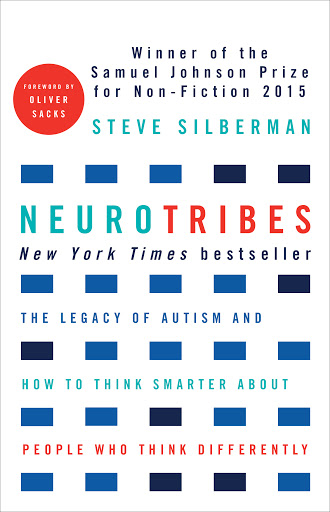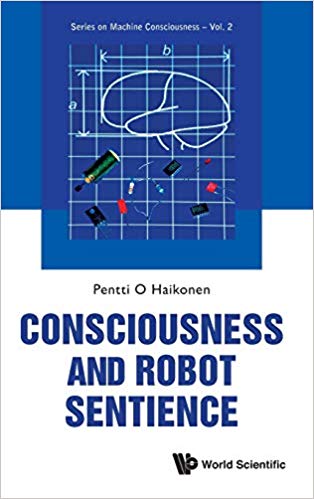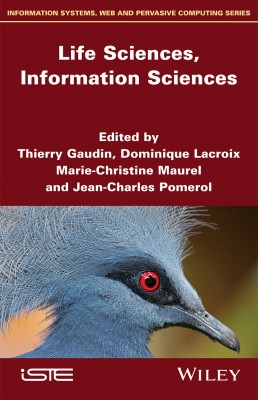10 Books Scientists Are Reading

Ever wonder what other people are reading?
An inquisitive mind and desire for knowledge are two of the fundamental traits that make us humans who and what we are. It’s often said that a person can never have too many books at their disposal. Over the noise of everyday life, the pleasure of treating yourself to a good book and taking time out to escape in those pages is important, whether it is in digital form or in the tactile paper pages.
Here at Technology Networks, we understand how finding that special book – the one that’s interesting, informative and engaging enough to spark a fire for a subject – is a real treat.
Perlego have kindly provided us with a recent list of the top 10 books read by scientists, and it's compelling. From the legacy of autism, to deciphering the secrets of the ribosome, the list covers a wide variety of scientific hot topics.
Virusphere by Frank Ryan
What are viruses? Do they rely on genes, like all other forms of life? Do they follow the same patterns of evolution as plants and animals? Frank Ryan answers these questions and many more in a sweeping tour of illnesses caused by viruses.

 Hydrogen Storage by Thomas Zell and Robert Langer
Hydrogen Storage by Thomas Zell and Robert Langer
Hydrogen is believed to be the energy source of the future, enabling zero-emission and efficient production of power. This comprehensive publication presents a broad spectrum of various chemical aspects of hydrogen storage. The authors also address global climate change issues, carbon dioxide sequestration problems and CO2-based hydrogen storage.

“Always read something that will make you look good if you die in the middle of it.” — P.J. O’Rourke
Dynamics of Cancer by Steven Frank
The onset of cancer presents one of the most fundamental problems in modern biology. In Dynamics of Cancer, Steven Frank produces the first comprehensive analysis of how particular genetic and environmental causes influence the age of onset.

NEUROTRIBES: The Legacy of Autism And How To Think Smarter About People Who Think Differently by Steve Silberman
Steve Silberman is an award-winning investigative reporter and has covered science and cultural affairs for Wired and other national magazines for more than 20 years. His ground-breaking book on autism, NEUROTRIBES, won the Samuel Johnson Prize for Non-Fiction in 2015.

Consciousness and Robot Sentience by Pentti O Haikonen
The perspective of AI has been added to this edition. It is shown that contemporary AI has a hidden problem, which prevents it from becoming a true intelligent agent. A self-evident solution to this problem is given in this book.

The Green Marble by David Turner
The Green Marble examines Earth's past, contemporary human disruption, and the prospects for global environmental governance. Turner emphasizes the functioning of the biosphere—the totality of life on Earth—including its influence on geologic history, its sensitivity to human impacts, and its possible role in ameliorating climate change.

Bio-Inspired Computing Models and Algorithms by Tao Song, Pan Zheng, Mou Ling Dennis Wong and Xun Wang
Written by world-renowned researchers, this compendium covers the most influential topics on bio-inspired computing, where the newly-obtained algorithms, developments and results are introduced and elaborated. The potential and valuable directions for further research are addressed as well.
“Let’s be reasonable and add an eighth day to the week that is devoted exclusively to reading.” — Lena Dunham

Gene Machine by Venki Ramakrishnan
Venki Ramakrishnan tells the story of the race to uncover the ribosome's enormously complex structure, a fundamental breakthrough that resolves an ancient mystery of life itself and could lead to the development of better antibiotics. A fascinating insider account, Gene Machine charts Ramakrishnan's unlikely journey from his first fumbling experiments in a biology lab to being at the centre of a fierce competition at the cutting edge of modern science.

Beyond Artificial Intelligence by Alain Cardon
This book presents a complete modeling of the human psychic system that allows the generation of thoughts in a strictly organizational approach that mixes a rising and falling approach. The model presents the architecture of the psychic system that can generate sensations and thoughts, showing how one can feel thoughts.

Life Sciences, Information Sciences, edited by Thierry Gaudin, Dominique Lacroix, Marie-Christine Maurel, Jean-Charles Pomerol
The contributors to this edited volume explore life and information on an equal footing, with each considered as crucial to the other. In the first part of the book, the relation of life and information in the functioning of genes, at both the phylogenetic and ontogenetic levels, is articulated and the common understanding of DNA as code is problematized from a range of perspectives. The second part of the book homes in on the algorithmic nature of information, questioning the fit between life and automaton and the accompanying division between individualization and invariance.
Consisting of both philosophical speculation and ethological research, the explorations in this book are a timely intervention into prevailing understandings of the relation between information and life.

"Reading is to the mind what exercise is to the body." — Joseph Addison






